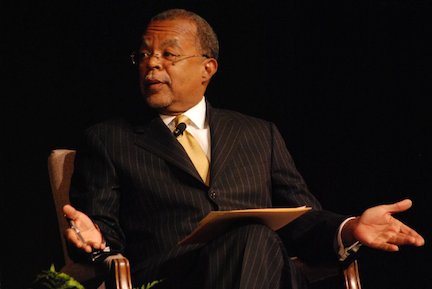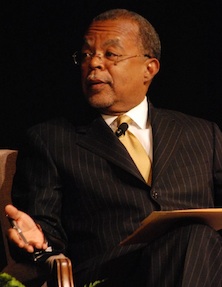
“The thing about black history is that the truth is so much more
complex than anything you could make up.”
— Henry Louis Gates, Jr.
By Sarah Vukalovic
This February marks the 88th annual African-American history month, a tradition established by African-American historian and author Carter G. Woodson amidst the remarkable cultural developments of the Harlem Renaissance in the 1920s. Woodson, often lauded as the father of black history, originally chose the second week of February for such devotion in honor of the birthdays of civil rights activist and former slave, Frederick Douglass, as well as president Abraham Lincoln. Following the tragic assassination of Martin Luther King, Jr. in April of 1968, students of Kent State University proposed the dedication of the entire month to the appreciation of African-American history and culture.
Phi Beta Kappa member Henry Louis Gates, Jr. carried on Woodson’s legacy and continues to do so today. Currently Alphonse Fletcher University Professor at Harvard, as well as director of the university’s W.E.B. Du Bois Institute for African and African-American Research, Gates both preserves and reveals the rich history of the African-American people.
In addition to his active involvement with Harvard University, Gates is a prolific writer, literary and culture critic, and documentary filmmaker. A graduate of Yale University, as well as the first African-American to receive a Ph.D. from Cambridge University in England, Gates has often been honored for his commitment and contributions to academia.
“Where in America are citizens shaped?” Gates asked in an interview with Charlie Rose. “They’re shaped in schools. . . .Your teacher doesn’t say ‘I’m going to teach you how to be a citizen,’ they just teach you how to be a citizen,” he explained, referencing the grade school experience of learning the Pledge of Allegiance and the stories of our founding fathers.
Gates suggests a similar approach to African-American history. “We can’t say ‘we’re going to have a conversation about race,’ we have to embed that conversation about race inextricably intertwined within the curriculum so that there can be no American history without African-American history,” he insisted.
Gates has created thirteen films dedicated to exploring and exposing both the breadth and depth of African-American influence throughout history, in addition to his extensive writings. In his 2006 PBS miniseries African-American Lives, Gates traces the genealogy and DNA of a number of influential African-Americans to their fascinating, and often surprising, origins. In his more recent PBS documentary, African-Americans: Many Rivers to Cross, Gates takes a comprehensive look at African-American history spanning the last 500 years.
“We go all the way from a free black conquistador in 1513, to the second inauguration of the first black president Barack Obama, in 2013. Half a millennium, 500 years exactly,” Gates explained.
The documentary helps integrate the African-American presence within American history. This, Gates observed, will help to reform a system that, despite its progress, remains flawed.
“Since that terrible day in 1968 when Dr. King was so brutally assassinated, the black upper-middle class has quadrupled. That’s the good news,” Gates recalled. “The bad news is that the percentage of black children living at or beneath the poverty line is at mid-30%. It’s almost exactly what it was the day Dr. King was killed.”
Gates’ commitment to unearthing the powerful history of the African-American people certainly resonates with the sentiments expressed the father of black history himself. In his “Negro History Week,” Woodson wrote. “If a race has no history, it has no worthwhile tradition, it becomes a negligible factor in the thought of the world, and it stands in danger of being exterminated.” Gates’ progressive and inquisitive work certainly does its part to defend African-American history against such a fate.
In addition to his research and academic contributions, Gates recently consulted with Hollywood director Steve McQueen on his Academy Award nominated film, Twelve Years a Slave. The film is also this year’s Golden Globe winner for Best Motion Picture. He is currently acting as Editor-in-Chief of TheRoot.com, which provides news stories concerning the African-American community, written from an African-American perspective.
Sarah Vukalovic is a senior at the University of Dallas majoring in Philosophy. The University of Dallas is home to the Eta of Texas Chapter of Phi Beta Kappa.
Henry Louis Gates, Jr. became a member of Phi Beta Kappa at Yale University in 1972.




